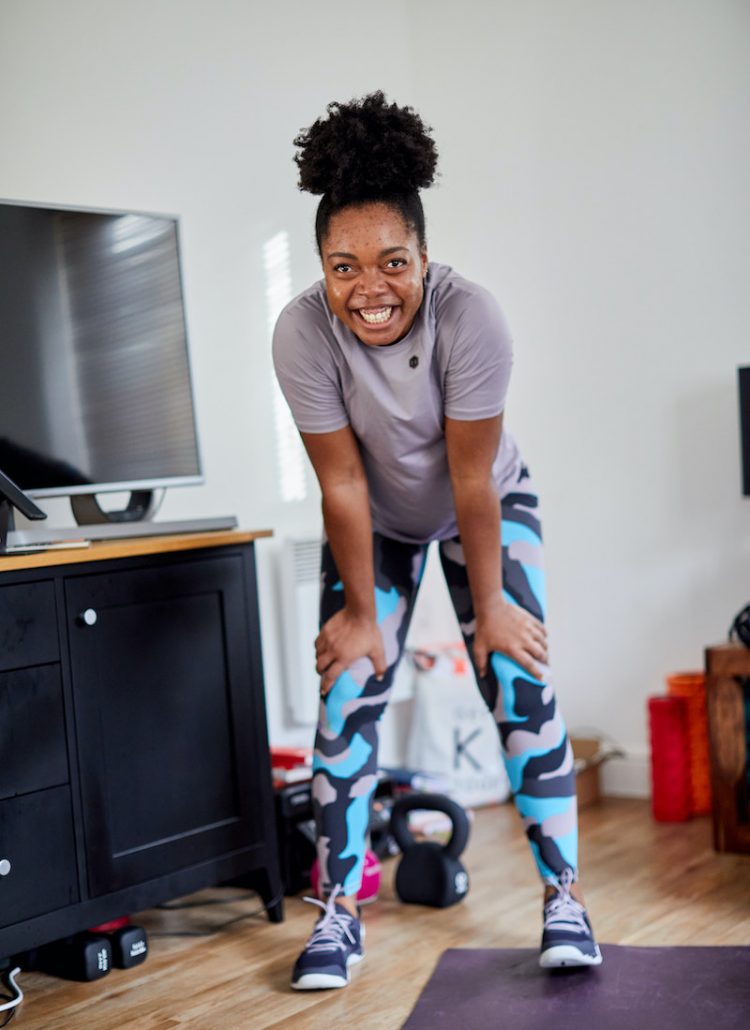
For many people, being able to turn their passion into a career is a dream. Having the opportunity to do what you love every day and to get paid at the same time is something many want but only a few get to do.
If you enjoy working out, learning about nutrition, and finding new workouts to focus on different areas, then working as a fitness professional might be for you.
Doing this job isn’t quite as easy as just pumping iron in the gym all day though. You need to build your own brand, position yourself in a crowded market and build a customer base by offering value to them.
If this is the part of working as a fitness professional that you struggle with, then here are some tips that you can use to move forward.
Find a Niche
There are many people who work in the fitness industry, so it’s important to find a way to stand out from the crowd. The best way to do this is to specialise and focus on a single type of customer.
For example, if you’re a personal trainer you may want to focus on a particular demographic such as cash-rich, time-poor professionals who need a short but effective workout regime. Alternatively, you may want to develop an offering that caters to retired people who want to stay active in their old age.
These two groups are going to want very different services, the younger professionals will be looking for an intense workout and may be more focused on aesthetics while the pensioners will likely want to socialise more and have a more moderate workout.
We can see examples of this both inside and outside the fitness industry. For example, Saga is a company in the UK that offers insurance, holidays and other services only to the over 50s, meanwhile, Club 18-30 was a holiday company that focused on young adults.
You can already see personal trainers that target different demographics, including Motivate PT which offers services to different age groups, brides, pregnant women, and people who want to train with their partner.
Utilise Your Community
As a fitness professional, it’s likely that you have a relationship with most of your clients. If you run group classes, there may even be relationships that develop between your clients, creating a community of like-minded people.
This is an asset that you can use to your advantage, learning from them to understand what they want and to turn them into advocates.
An example from the fitness industry is Ben Williams, a personal trainer working in North Wales uses his community to help develop a brand.
His website is full of testimonials from happy clients, and his Instagram includes photos of his group workout sessions. Without a strong community behind him, he wouldn’t be able to build trust with new customers.

Utilise Social Media
Social media is incredibly important for fitness professionals as most are working with individual consumers, the vast majority of whom spend a lot of time online.
Social media accounts can be used to demonstrate your expertise in whatever area of fitness you focus on. If you’re a nutritionist, you’ll likely want to upload content that’s related to food, posting example recipes or dishes and giving out tips. Whereas, if you’re a personal trainer you’ll be better posting photos and videos of certain exercises while you explain their benefits.
While many people will just use this information and not turn into a paying customer, some will after they see you are an expert in your field.
You’ll find countless examples of this by checking out out fitness hashtags on social media.
Be Consistent
Most importantly, however you choose to brand yourself, it’s important to be consistent. Not having a strategy will lead you to regularly change your approach which can cause your potential customers to be left confused.
Like any good fitness regime, building your brand as a fitness professional takes time, dedication, and hard work.







Leave a Reply